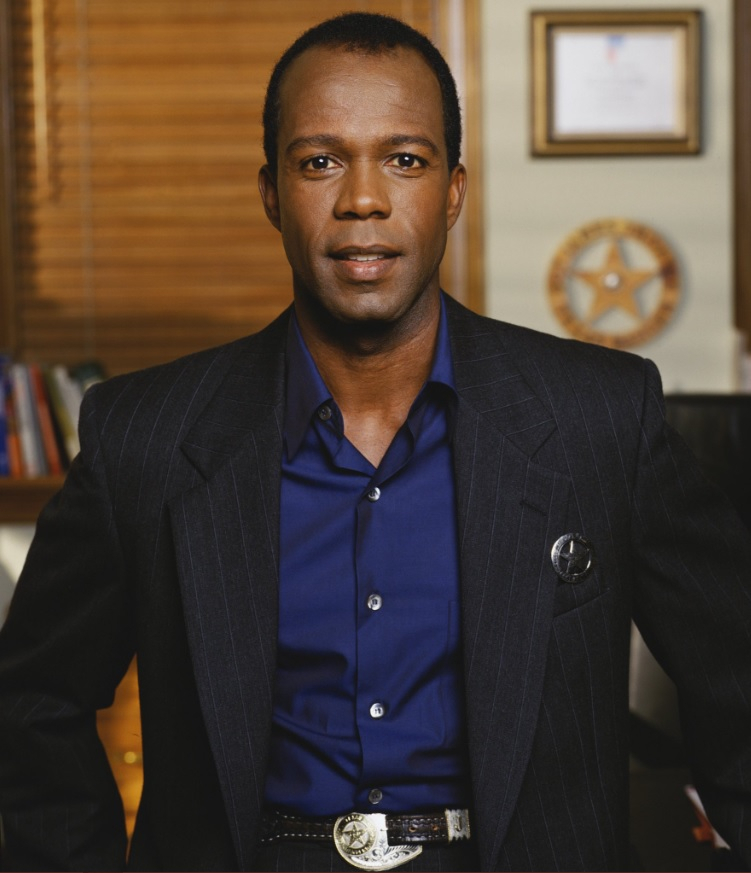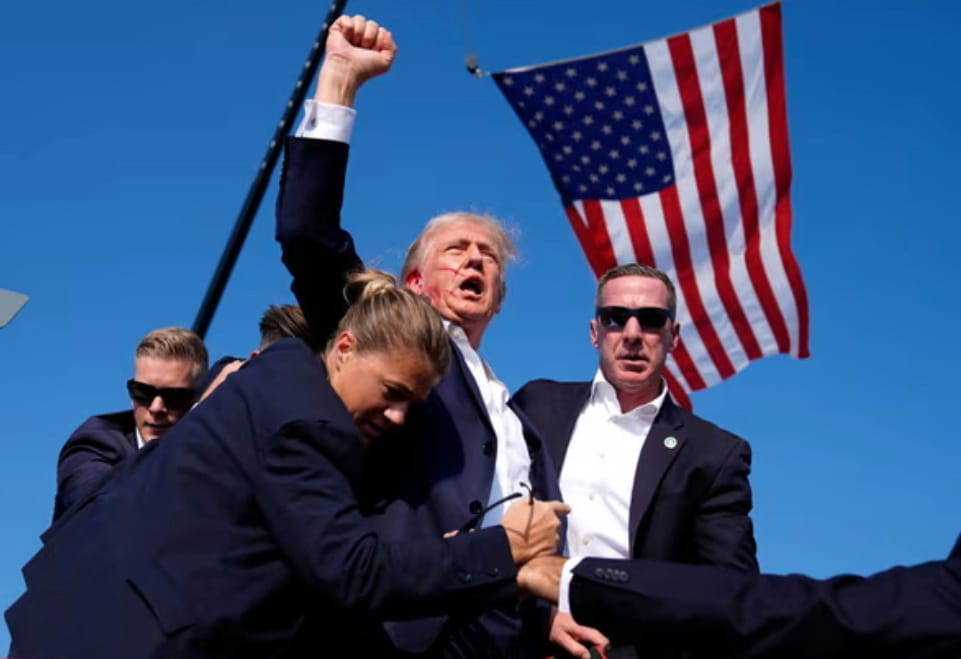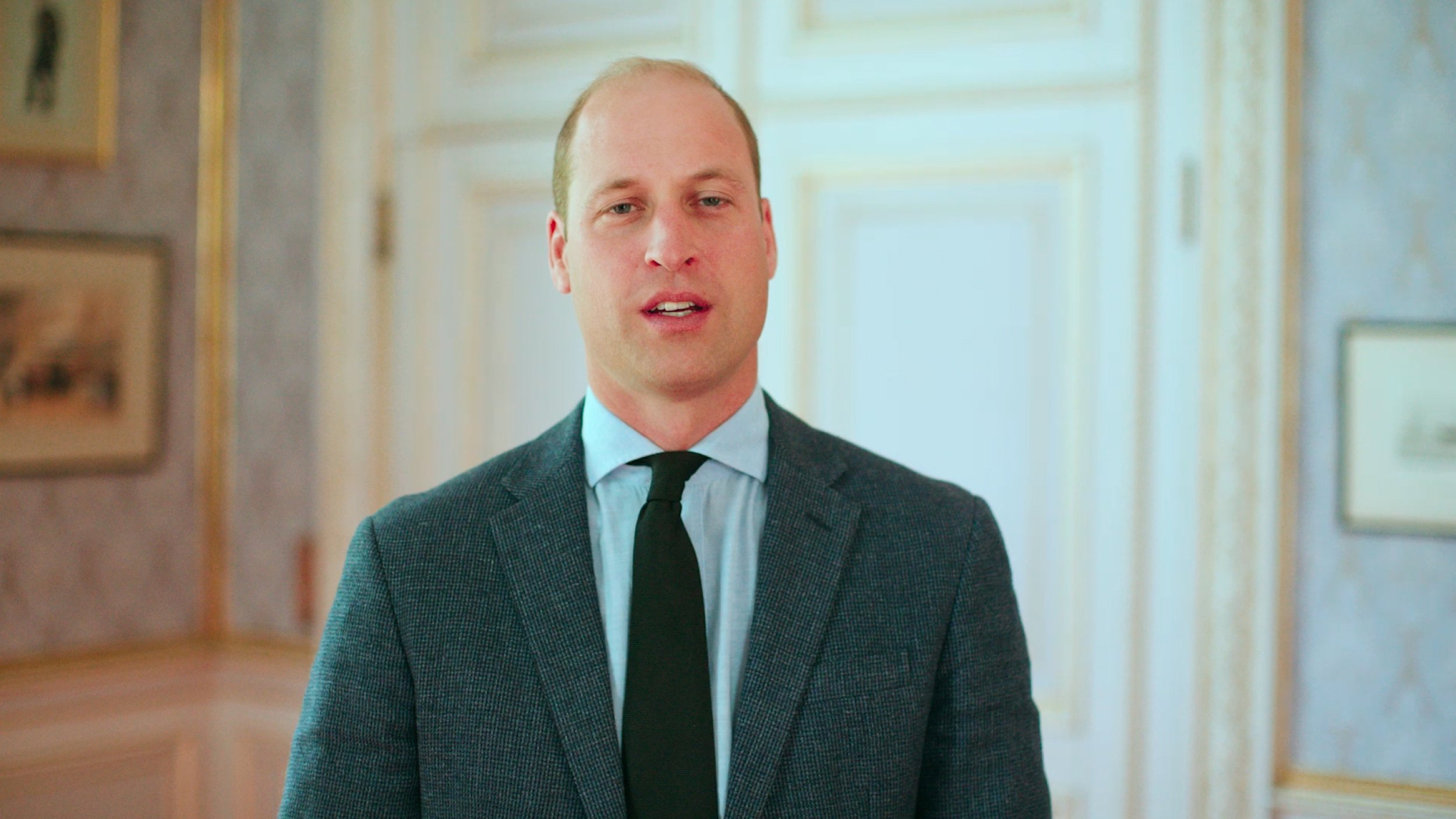Actor Clarence Gilyard Jr., known for his stellar performances in the ’80s blockbusters “Top Gun” and “Die Hard,” has died at the age of 66. The gifted actor, who left Hollywood to teach film and theater at UNLV College of Fine Arts, is believed to have battled a long illness before his death.
No further detail about his death was given by the university. Over the course of a more than 30-year acting, directing, and producing career, Gilyard continued to work in the film and television industry while also teaching acting at UNLV. He was also known for TV series including Matlock, and Walker, Texas Ranger.
Death of a Star
The university said in a statement that the actor would be “loved and missed dearly” and that they have been “blessed” by his presence. “It is with profound sadness that I share this news,” Dean Nancy Uscher wrote in a post on Instagram.
“His students were deeply inspired by him, as were all who knew him. He had many extraordinary talents and was extremely well-known in the university through his dedication to teaching and his professional accomplishments.”
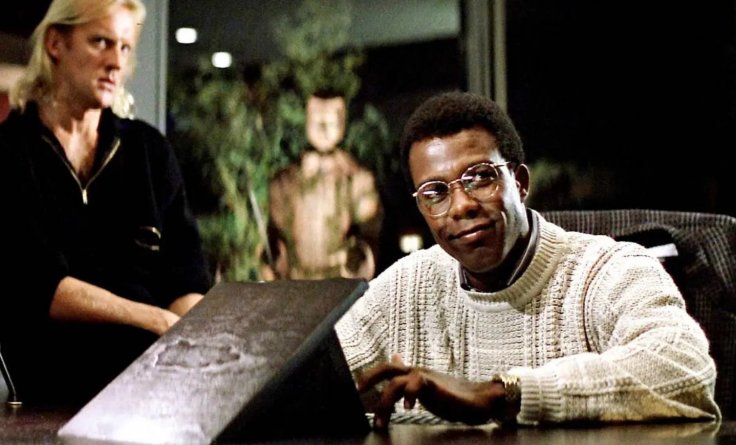
Gilyard is believed to have been suffering for a long time. However, the details of his death are yet unclear.
“He had a national and international following through his celebrated work in the theatre, film, and television. His generosity of spirit was boundless – he was always ready to contribute to projects and performances however possible,” the post further read.
Uscher also said the university would remember Gilyard “with joy and gratitude”.

Gilyard worked in theater, television, and film for more than 30 years. His first film appearance was as Sundown in the first Top Gun (1986), and he later left a lasting impact as the witty computer whiz baddie Theo in Die Hard (1989).
A Career He Cherished
Gilyard was born in Moses Lake, Washington, in 1955, and later finished high school there. He graduated from California State University with a BA in theatre arts before relocating to Los Angeles in the late 1970s to pursue an acting career.
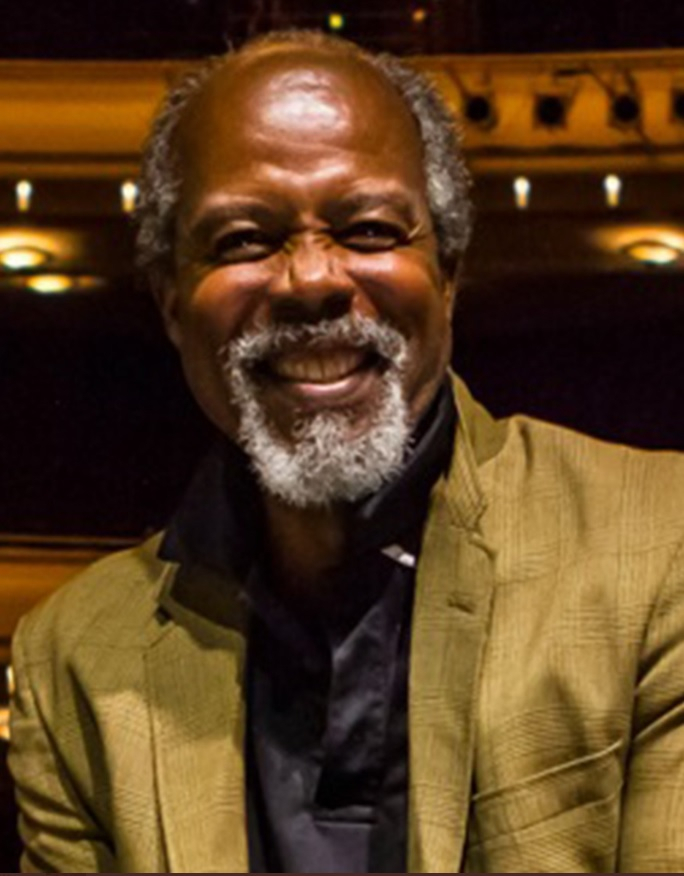
Gilyard took a break from acting after Walker, Texas Ranger to finish an MFA in Theatre Performance at Southern Methodist University. He eventually joined the UNLV College of Fine Arts.
In 1986, Gilyard made his acting debut with Tom Cruise as Lt. (jg) Marcus “Sundown” Williams, an F-14 Tomcat radar intercept officer, in Top Gun. Gilyard found it simple to fit into the position because he was reared on Air Force bases in Hawaii, Texas, and Florida as well as in a military family.
However, he didn’t reprise his role in the sequel Top Gun: Maverick. Gilyard married his second wife, Elena, in 2001 and the actor had six children.
His most well-known character, however, was Theo, the computer hacker who works for Hans Gruber (Alan Rickman), in the 1988 film Die Hard.
He played the iconic role once again in the 2020 Advance Auto Parts commercial promoting DieHard vehicle batteries. Theo engaged in a risky journey to obtain a new battery for his dead automobile while battling his longtime adversary detective John McClane (Bruce Willis) in the two-minute commercial.
His other film TV and roles include parts in “The Karate Kid Part II,” “CHiPS” and the “Left Behind” movies.

Gilyard had worked in popular TV shows in addition to his career on the big screen, most notably as the lead of “Matlock” and the CBS Western thriller “Walker, Texas Ranger.” He portrayed Jimmy Trivette, sergeant Walker’s stern right-hand man in the latter film starring Chuck Norris.
“I’m wired to teach. And I’m a professional, but the profession has to feed the classroom,” said Gilyard, talking about switching careers during an interview with the Las Vegas Review-Journal in 2017. It’s what stimulates my characters because I’m in touch with people’s lives in the 21st century.”
“I work best as an artist when I’m in a fertile arena. That means creative and imaginative. Being with all those millennials â I don’t understand what they’re saying but I’m siphoning off their energy.”
Although he had years of professional TV and film experience under his belt, his contemporaries regarded his job as an educationist as being more important.

